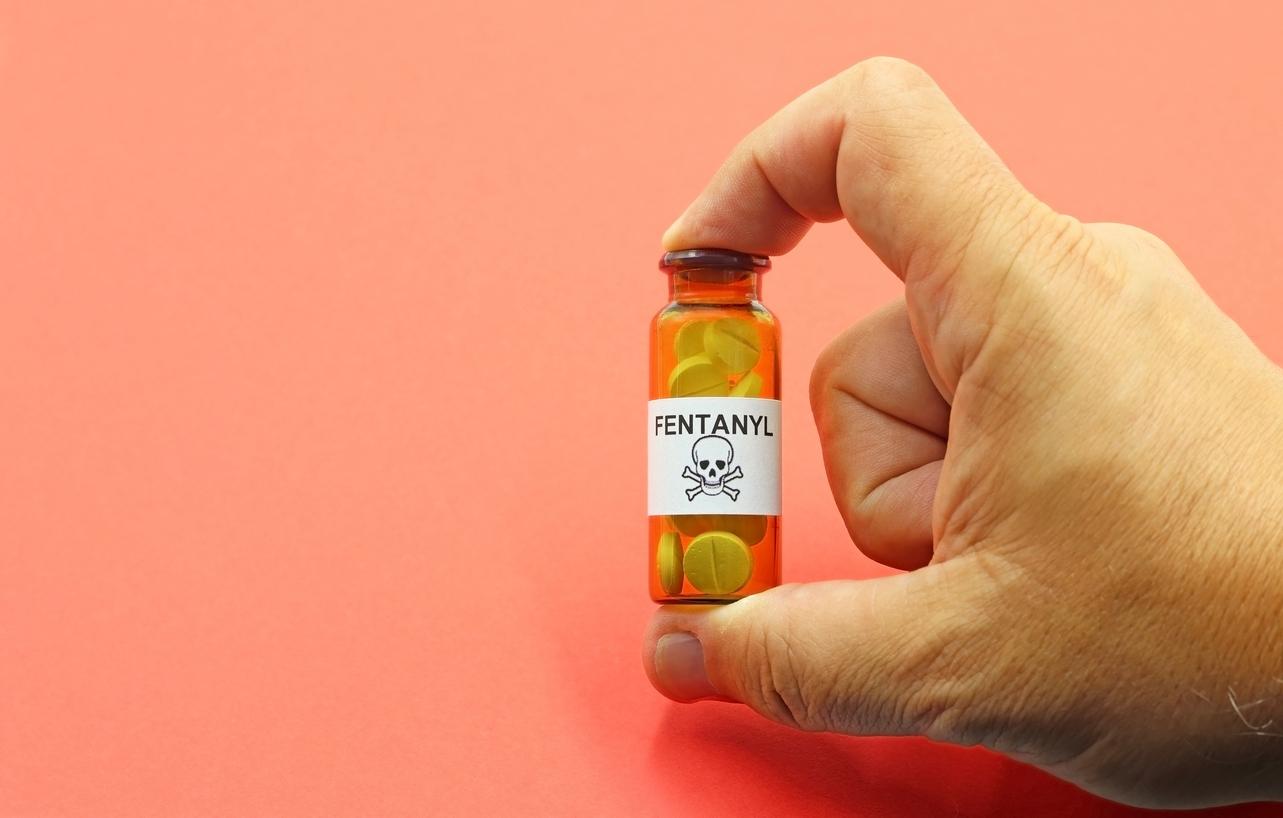Researchers have found that rapastinel, originally developed to treat depression, allows withdrawal from opioids in a few days in rats.

Opioids are making more and more addicts around the world: in the United States, 64,000 people died of overdoses linked to these drugs in 2017. Treatments can help you get out of addiction, but they have a lot of effects secondary. Researchers have found that rapastinel, developed to treat depression, would allow withdrawal in a few days in rats, without having significant side effects. Their results were presented at the Experimental Biology Congress in Florida.
Experimental drug rapastinel could help with early opioid withdrawal symptoms: https://t.co/rEkjItrgUE #ExpBio @VillanovaU @ASPET pic.twitter.com/9t0H5FPN7h
— Experimental Biology (@expbio) April 7, 2019
A complicated weaning
Opioids are prescribed as painkillers because they are very effective, especially in severe cases. But they have a major drawback: the risk of addiction when consuming them is very high. People who are affected suffer from many symptoms: nausea, insomnia, hot flashes, gastrointestinal disorders, etc. In most cases, doctors prescribe methadone or buprenorphine to their patients to help them cope with withdrawal, which is very difficult during the first few days.
Significant results from three days
In this research, American scientists studied the effect of rapastinel on rats. The drug was developed to treat depression but the latest clinical studies show that it is ineffective. In the withdrawal of opioids, it would, on the contrary, be more effective than traditional drugs. The researchers gave the opioid-dependent rodents either rapastinel, ketamine or saline.
After three days of treatment, rodents who received rapastinel showed fewer signs of relapse compared to those who took one of the other two products. According to the researchers, the other advantage of rapastinel would be that it does not present significant side effects. Before considering a use of the drug in humans, researchers must carry out numerous trials to understand how the molecules of the treatment act.
In France, 4 deaths per week are due to opioids: overdoses are more frequent in patients suffering from chronic pain than in drug users.

.
















